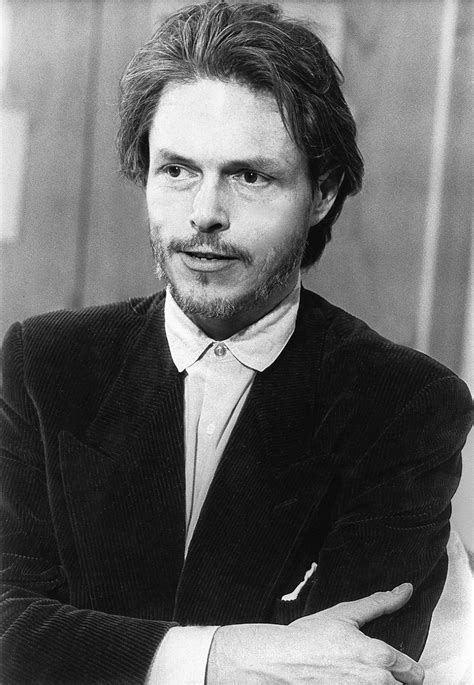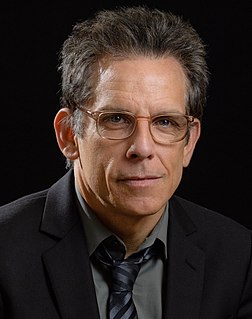A Quote by David Sedaris
You really burden the reader if you put things in but, "Oh, it's not interesting, but I'll put it in anyway." Then the reader's going to think, like, "Mmm... no thanks." So the thing is to cut all that stuff out before its published.
Related Quotes
The best advice I can give on this is, once it's done, to put it away until you can read it with new eyes. Finish the short story, print it out, then put it in a drawer and write other things. When you're ready, pick it up and read it, as if you've never read it before. If there are things you aren't satisfied with as a reader, go in and fix them as a writer: that's revision.
I think the trick of being a writer is to basically put your cards out there all the time and be willing to be as in the dark about what happens next as your reader would be at that time. And then you can really surprise yourself. There's that cliche, "No surprise for the writer, no surprise for the reader!"
The poem is not, as someone put it, deflective of entry. But the real question is, 'What happens to the reader once he or she gets inside the poem?' That's the real question for me, is getting the reader into the poem and then taking the reader somewhere, because I think of poetry as a kind of form of travel writing.
On a more technical level, a story takes a lot of words. And to generate words and phrases and images and so on, that will compel the reader to continue reading - that stand a chance of really grabbing a reader - the writer has to work out of a place of, let's say, familiarity and affection. The matrix of the story has to be made out of stuff the writer really knows about and likes. The writer can't be stretching and (purely) inventing all the time. Well, I can't, anyway.
First of all, the first cut of the movie was like three and a half hours and I walked away going, 'Wow, I know there's like twenty minutes that I can cut - ' when I first saw it 'But I don't know after that.' The first time I put up then in front of people I was like, 'Oh, my God, I can take that out and that out and that out.'
The first rule is you have to create a reality that makes the reader want to come back and see what happens next. The way I tried to do it, I'd create characters that the reader could instantly recognize, and hopefully bond with, and put them through situations that keep the reader on the edge of their seat.
In my couple of books, including Going Clear, the book about Scientology, I thought it seemed appropriate at the end of the book to help the reader frame things. Because we've gone through the history, and there's likely conflictual feelings in the reader's mind. The reader may not agree with me, but I don't try to influence the reader's judgment. I know everybody who picks this book up already has a decided opinion. But my goal is to open the reader's mind a little bit to alternative narratives.
Pretty much every issue that we've put out, there have been at least one or two things that really surprised me. It sounds like bullshit, but most of the stories that we've run had that effect on me. We get thousands and thousands of submissions and I don't think we've published a story yet - very few, anyway - where there wasn't something like what Mona Simpson described, where a first sentence or a first page didn't just really command attention.


































